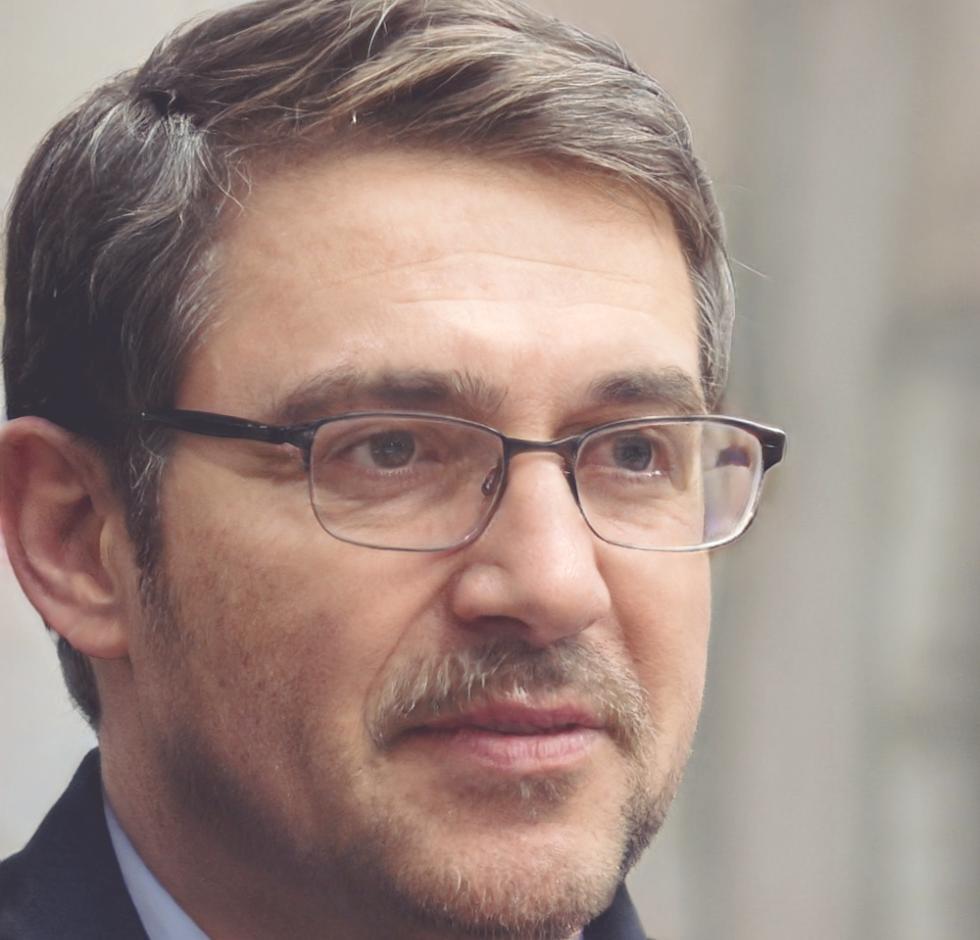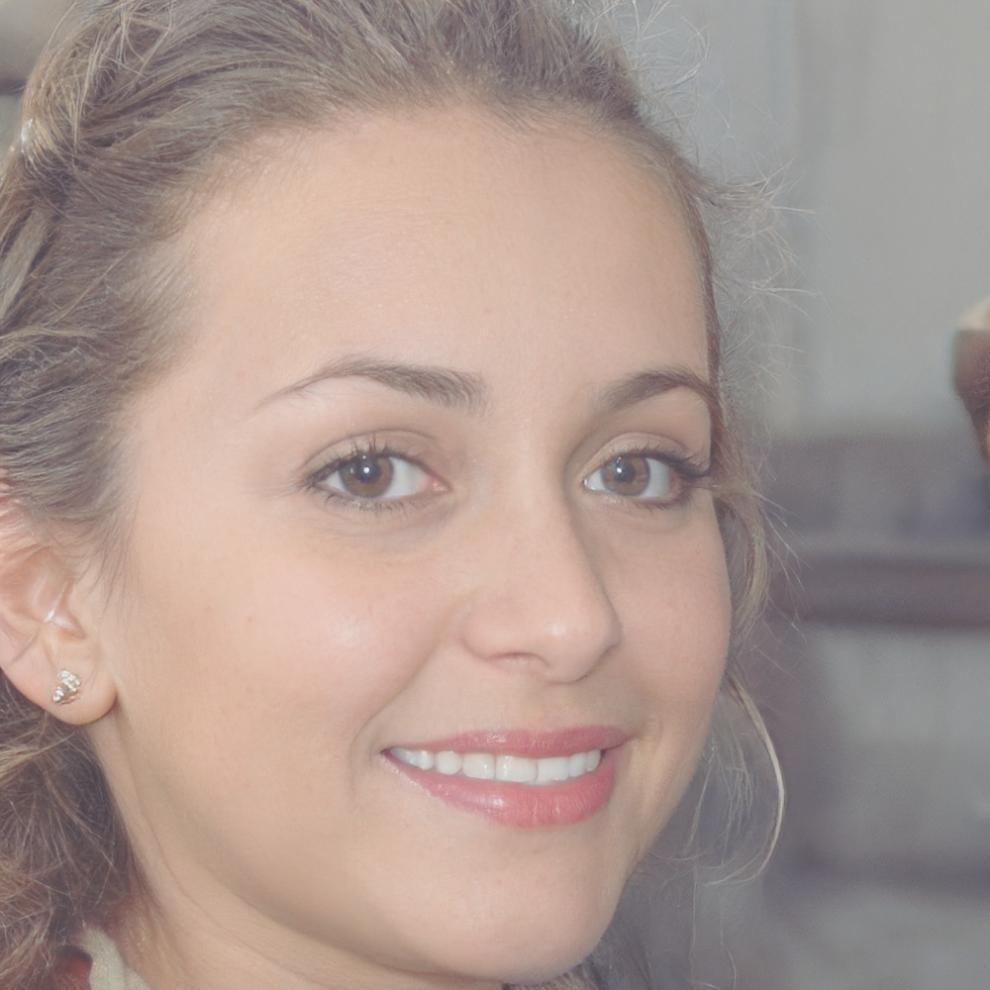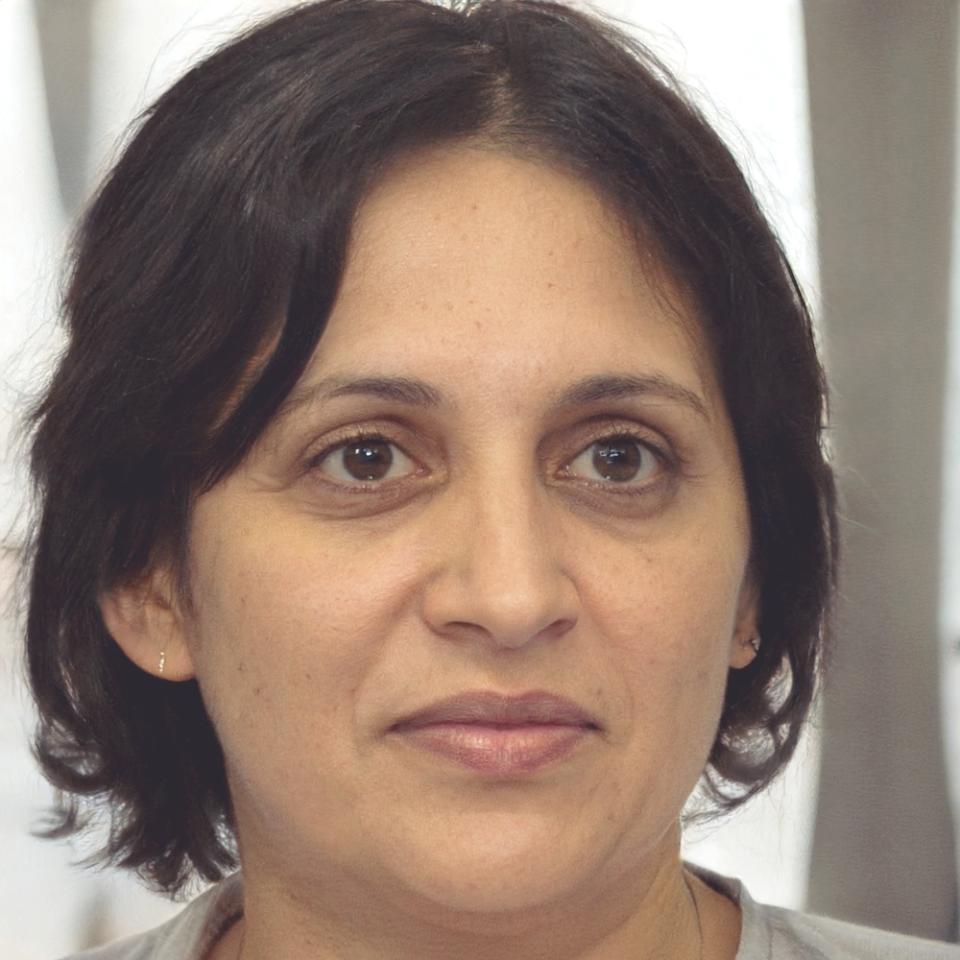The Recovery Process
Financial recovery isn't about overnight miracles. It's about understanding your situation, making informed decisions, and building sustainable habits that work for your specific circumstances.
Everyone's path looks different, but the fundamentals remain consistent: honest assessment, realistic planning, and gradual implementation of changes you can actually maintain.





